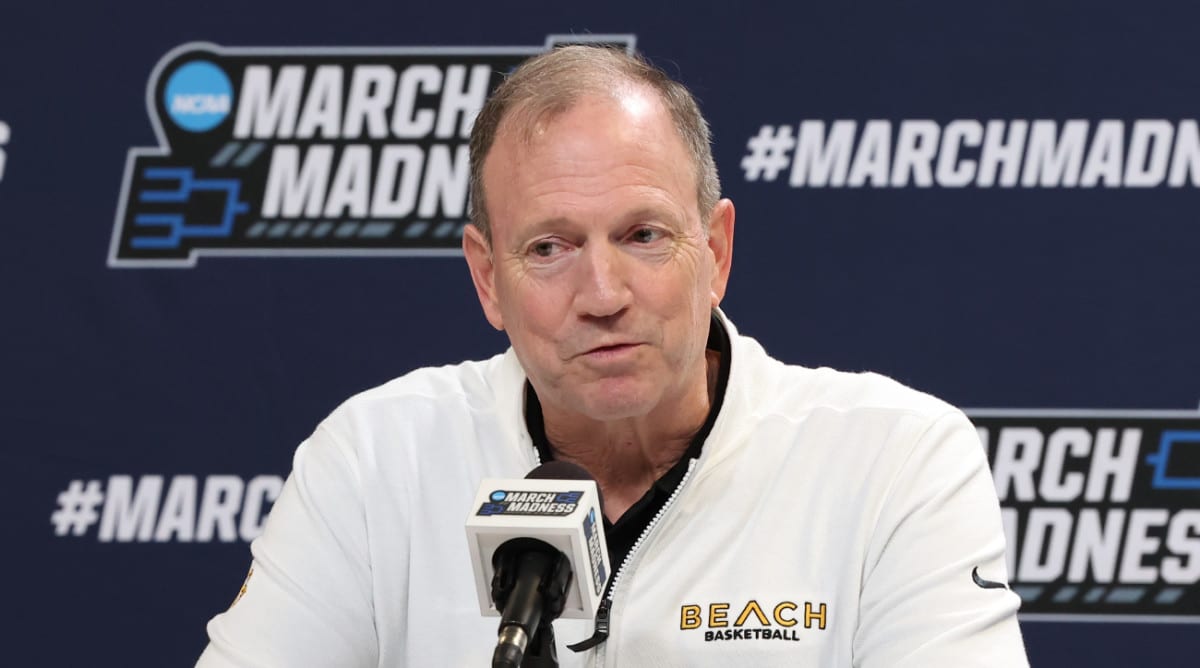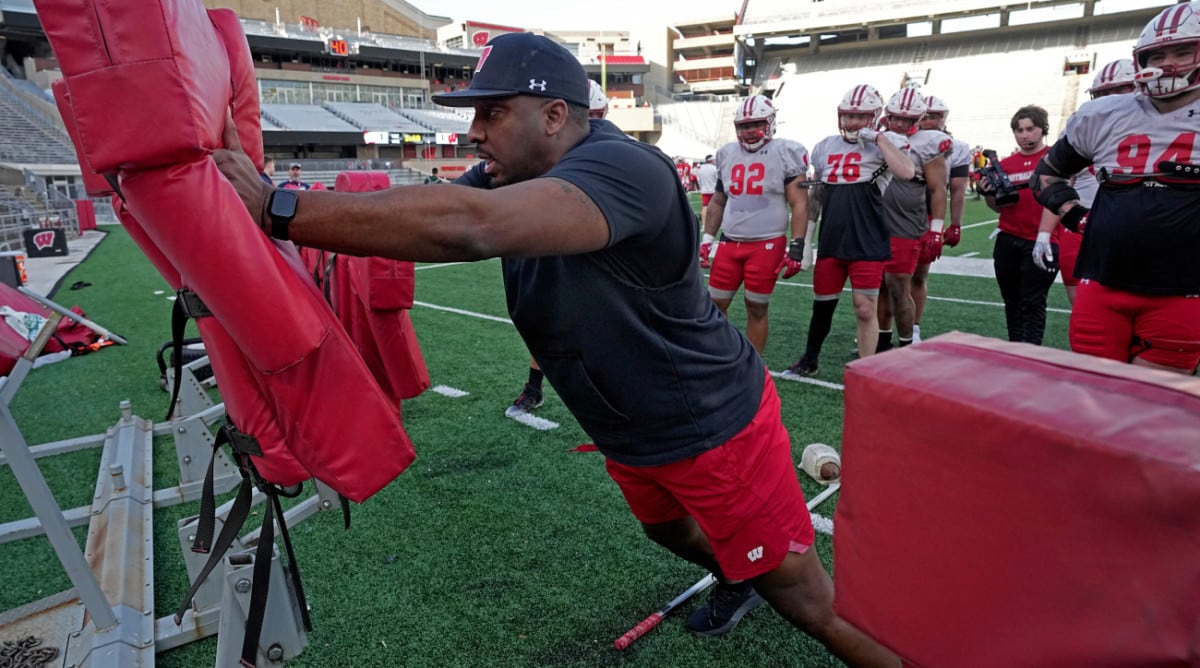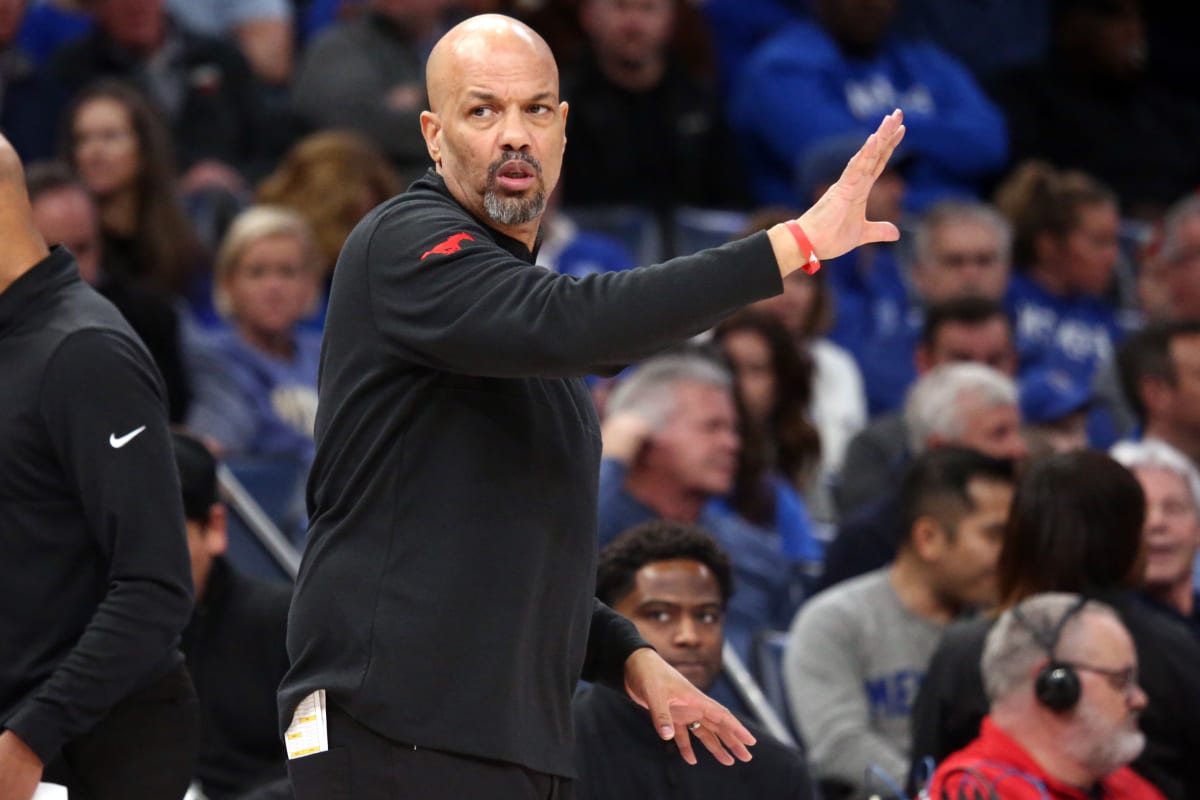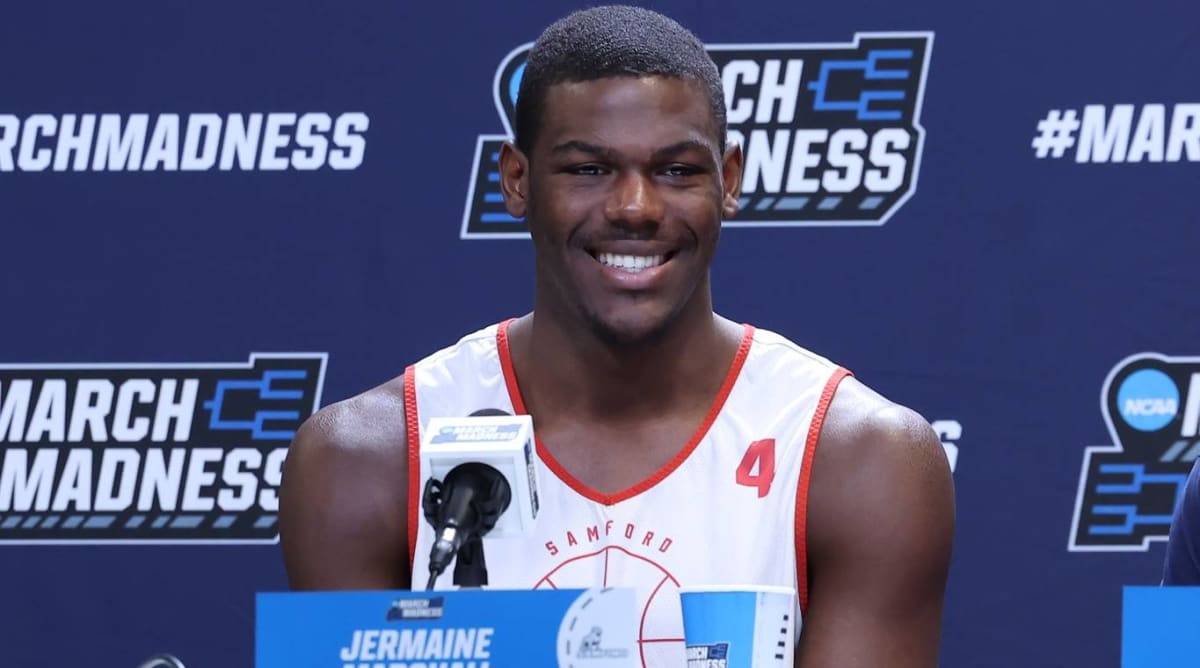AUSTIN (Nexstar) — Texas Governor Greg Abbott and Lieutenant Governor Dan Patrick were sworn in Tuesday morning for their third terms in office, in a series of celebratory events throughout the day.
In his inauguration speech, Abbott touted Texas’ pro-business stance and unveiled some plans for the state’s largest budget surplus in Texas history.
“We will use that budget surplus to provide the largest property tax cut in the Texas history,” he said Tuesday.
Moments before, Patrick gave his own inaugural address and added more detail about potential tax cuts.
“In the budget that we will release this week, the Texas Senate will raise your homestead exemption to $70,000, which will save you thousands of dollars over the lifetime of your home, enough to make a difference!” said Patrick, receiving applause from the audience outside the Capitol.
On Wednesday, both the House and Senate released preliminary drafts of budget legislation. While there are some differences between the proposals from each chamber, both call for $130.1 billion in spending. Both preliminary bills also include $15 billion for property tax relief.
Bob Garrett, the Austin bureau chief for the Dallas Morning News, said the preliminary numbers might not add up to landmark tax relief.
“People should be aware that in 2006, we did $14 billion worth and adjusted for inflation that would be $20 billion,” Garrett noted. “Of this $15 billion they’re proposing this year, 3.1 billion of it is just to keep going with the 2019 tax cuts.”
“So take those claims of historic tax relief with a grain of salt,” Garrett said.
For months, Texans have been hearing about the state’s record revenue, fueling the largest budget surplus in Texas history. Comptroller Glenn Hegar’s revenue estimate showed roughly $188 billion available for lawmakers. The budget plans leave more than $50 billion on the table.
“This is preliminary,” State Rep. Mary González said. The El Paso Democrat served last session as the vice-chair of the House Appropriations Committee. Committee assignments for this session have yet to be announced.
“There is still a lot of discussion on the table,” González said. “Not all the money was spent immediately because we recognize that it’s… a whole legislature process,” she explained.
Economic uncertainty could be another factor in the caution of the budget proposals. Hegar in his revenue estimate raised concerns about the potential for a recession. Garrett points to other factors influencing the legislation.
“We have the spending caps passed by the voters nearly 45 years ago,” Garrett said, referencing limits built into the Texas Constitution. Lawmakers would have to get statewide voter approval to exceed those caps.
“And we have our politics,” Garrett added, noting that a significant number of Republican voters oppose adding government spending. “The Republican lawmakers and leaders fear the base,” he said.
Texas lawmakers push to end Confederate holiday
Three days after Martin Luther King, Jr. Day, Texas observed the state holiday of Confederate Heroes Day. Democrats in the Texas House said it should be the last time.
The holiday dates back to 1931, originally to honor the birthday of Confederate general Robert E. Lee. In 1973, the Texas legislature expanded the holiday “to honor Jefferson Davis, Robert E. Lee, and other Confederate heroes.” Lawmakers on Wednesday morning argued that phrase is an oxymoron.
“We are celebrating a harmful, hateful past,” State Rep. Jarvis Johnson (D-Houston) said. “We celebrate things by marking them with holidays and statues. It’s a constant reminder of the supremacy which they are trying to establish… the reminder has to be eradicated.”
Rep. Johnson has now filed legislation to abolish the holiday three sessions in a row. In 2019, the legislation heard testimony in the House State Affairs Committee but was left pending and never reached a vote on the House floor. In 2021, the bill died in the same committee without a hearing.
The group of 13 Democrats speaking for Rep. Johnson’s latest bill hope this is the session it passes.
“The momentum has been building,” State Sen. Nathan Johnson (D-Dallas) said. “We’re not just making a statement. We’re here to pass the bill. And I do expect [Republicans] to support this. I could be disappointed. I have been in the past. But we’re here and we’re serious.”
Last session, at least seven Republicans coauthored or sponsored Rep. Johnson’s bill to abolish the holiday, including Justin Holland, Matt Shaheen, John Cyrier, Matt Krause, Jeff Leach, Jim Murphy and Scott Sanford. However, four of those Republicans, Cyrier, Krause, Murphy and Sanford, are no longer in the legislature.
“There are those that will stand with you, there are those that will stand and fight,” said Rep. Johnson about Republican support of the bill. “But oftentimes, the apprehension may be there because of their own constituents.”
“Why aren’t the Republicans standing up here? We’re in a fairly difficult political environment,” Sen. Johnson said. “Right now, if a Republican comes and stands up here, they’re making some kind of message and they’re going to get in trouble, probably. But that’s different than casting a vote.”
The legislature established Confederate Heroes Day on January 19 to coincide with Robert E. Lee’s birthday. One of the Democrats’ main concerns is that it falls too close to Martin Luther King Jr. Day. Sen. Johnson noted that the two holidays will fall on the same day four times in the next twenty years.
“How does that make you feel?” he said.
Former Texas Land Commissioner Jerry Patterson offered a compromise: rename the holiday to “Civil War Heroes Day” to include the Texans who fought for the Union.
“Make it an accurate representation of history,” Patterson said. “I’m focused on honoring history. You don’t honor the warts, but you recognize the warts.”
He argued this debate lacks a nuanced understanding of history and accused those moving to abolish the holiday of “selective indignation.”
“We should honor Martin Luther King, we should honor Robert E. Lee,” he said. “Buffalo soldiers, Union soldiers, and Confederate soldiers served Texas honorably. All should be honored.”
Some Democrats say there’s no room for compromise.
“There is nothing to celebrate about the Confederacy, only lessons to learn about how not to treat our neighbors,” State Rep. Christina Morales (D-Houston) said.
Governor’s order leads UT to block TikTok
The University of Texas at Austin said Monday that TikTok is now blocked on any device connected to the university’s networks.
“You are no longer able to access TikTok on any device if you are connected to the university via its wired or WIFI networks,” said a Monday morning email to UT faculty and staff. A letter was also sent to students.
“The university is taking these important steps to eliminate risks to information contained in the university’s network and to our critical infrastructure,” the emailed letter said. “As outlined in the governor’s directive, TikTok harvests vast amounts of data from its users’ devices — including when, where and how they conduct internet activity — and offers this trove of potentially sensitive information to the Chinese government.”
This action follows Gov. Greg Abbott’s December directive to ban the use of TikTok on any government-issued devices. In the following days, UT said all university employees must also remove the app from state-issued devices including university-issued phones, laptops, tablets and computers.
In a statement to KXAN, TikTok shared disappointment in UT’s move.
We’re disappointed that so many states are jumping on the political bandwagon to enact policies that will do nothing to advance cybersecurity in their states and are based on unfounded falsehoods about TikTok. We’re especially sorry to see the unintended consequences of these rushed policies beginning to impact universities’ ability to share information, recruit students, and build communities around athletic teams, student groups, campus publications, and more.
TikTok spokesperson
Austin Community College District told KXAN it is “evaluating and preparing for collegewide network changes to limit access to the platform through the ACC network as well as on college-issued devices.” In December, ACC suspended collegewide activity on TikTok in response to Abbott’s directive, a spokesperson said.
Several recent laws have targeted social media “censorship” and age-based social media bans. A North Texas lawmaker filed a bill proposing a social media ban for people under age 18. Last year, a different Texas law went into effect that prevented large social media companies from banning users’ posts based on political views. That law faced a federal appeal, but it was rejected.
Outside Texas, several states have banned TikTok from government devices, including Wisconsin and North Carolina last week. President Joe Biden signed a limited ban in December for federal employees’ government-owned devices, NBC News reported.
Jail workaround aims to address long state hospital waitlists
At Tuesday’s commissioner court meeting, Williamson County leaders heard more details about a competency restoration program at the county’s jail, which could speed up the time inmates with mental illness wait before receiving treatment in order to stand trial.
The proposed program would be run by the Williamson County Sheriff’s Office and Bluebonnet Trails Community Services (BTCS), which provides mental health services across the county.
During the meeting, BTCS Executive Director Andrea Richardson said an application has already been submitted to Texas Health and Human Services for $500,000 in funding. While no contract has been agreed on yet, Richardson said that an additional $500,000 would be matched by the county.
Regardless, Richardson and Williamson County Sheriff Mike Gleason said the program could get underway as soon as this spring and last for 12 months, once funding is in place.
The program would, according to its developers, add a forensic psychologist and additional mental health providers to the jail in order to treat inmates awaiting trial. This is an effort to reduce the time inmates wait in jail, which is often prolonged by long waitlists for state hospitals.
Our investigators have been following the struggles of the state hospital system — currently, thousands are waiting for treatment. On Wednesday, a legislative meeting on the issue assessed chronic problems facing state hospitals like understaffing and lack of bed space.
Gleason says the jail has already formed a special “pod” for inmates of this type, because people with mental illness are considered a vulnerable population. Gleason said that historically, these inmates were kept in isolation, further harming their mental health.
“They may have been isolated for medical reasons, it might be for psychiatric reasons” Gleason said. “But the longer those people wait and wait in my jail — waiting on a forensic bed to get to another facility in the state. Sometimes it’s very, very difficult to get them back to that point of competency.”
Precinct 3 commissioner Valerie Covey was outspoken on her support for the program during Tuesday’s meeting.
“If we did not have this program, these folks are sitting in our jail for up to two, three years,” Covey said. “It’s the right thing for the person in our jail, but it’s also the right thing for everybody associated with this issue that caused them to be in the jail.”
She says this is the best workaround to ensure justice for victims of crimes possibly committed by inmates with mental illness in the most humane manner possible.
Lynda Frost is a consultant well-versed in the struggles facing the justice system in Texas.
She says many communities across the state use an outpatient program like the one proposed for Williamson County — a major critique of proposals like it is that jails cannot provide an environment conducive to mental health.
“Jails are far from ideal environments from competency restoration. I think what we’re seeing are communities that are desperate looking for workarounds to try to reduce the number of people who are just waiting in jail,” Frost said.

















